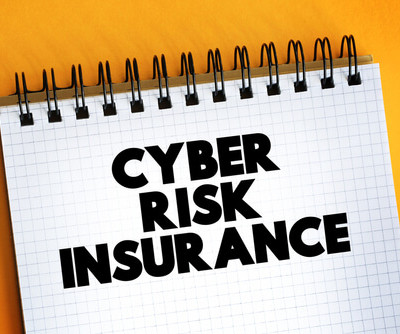News Alert: QBE North America launches new cyber insurance program with Converge
The Last Watchdog
JULY 27, 2023
New York, NY, July 27, 2023 – QBE North America today announced the launch of a cyber insurance program with new MGA, Converge, acting as program administrator. The program will be broken down into two separate distribution structures, each with a distinct revenue focus and cyber security data access formation.














Let's personalize your content